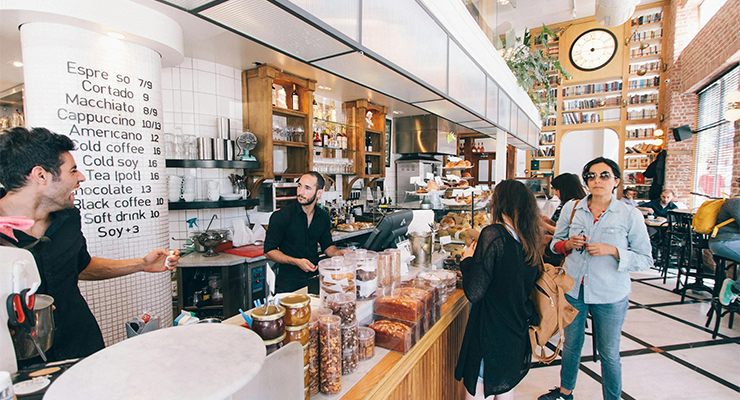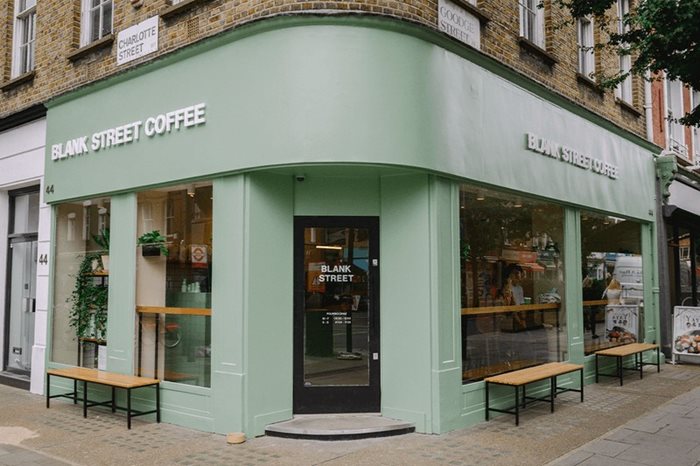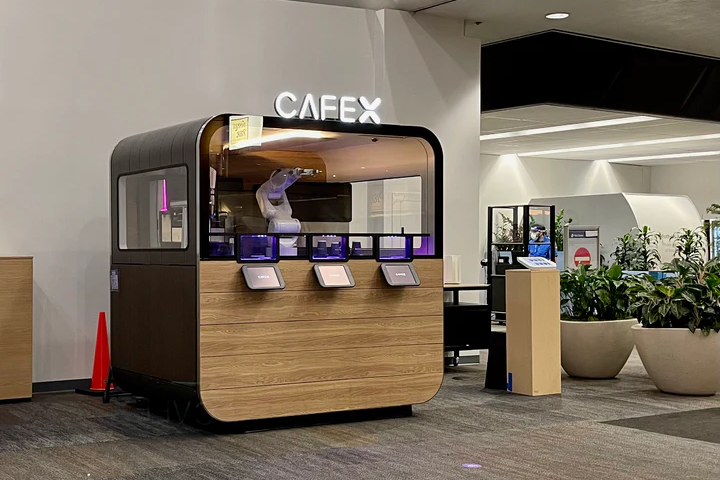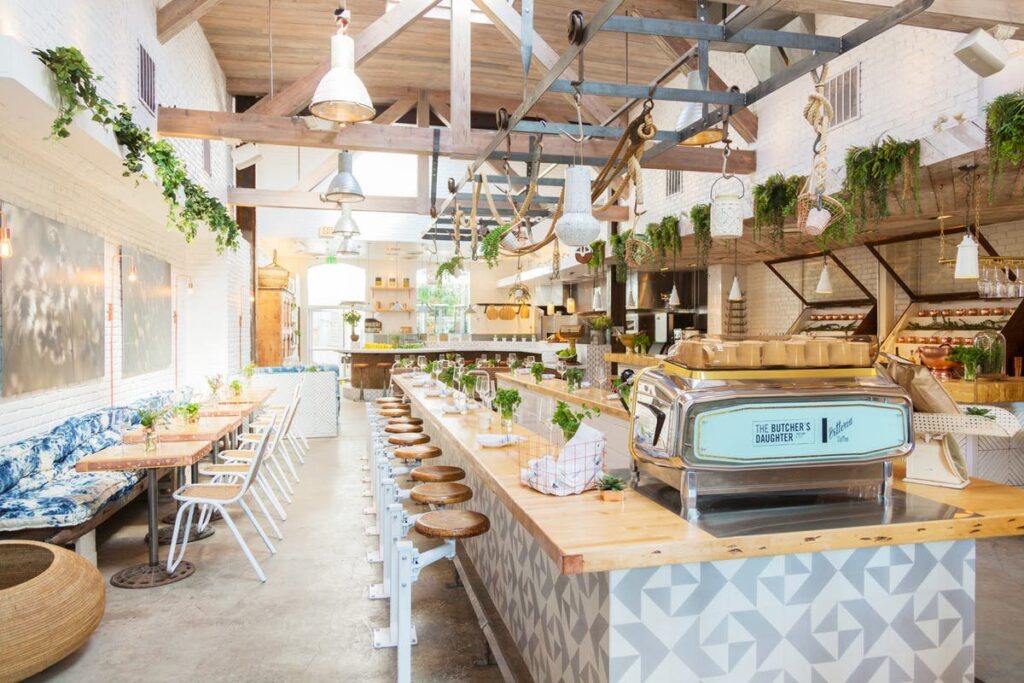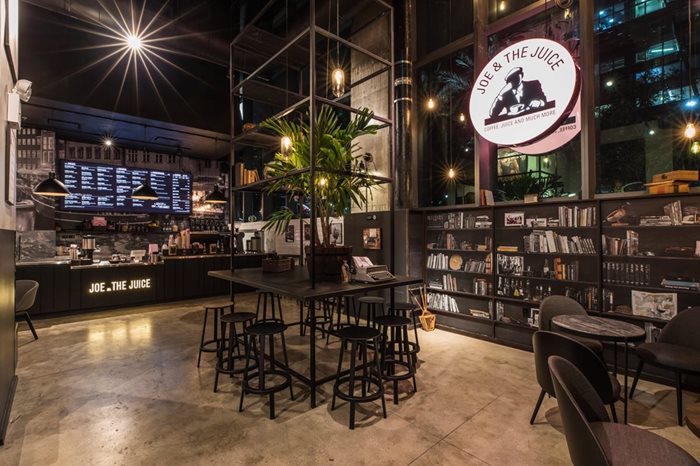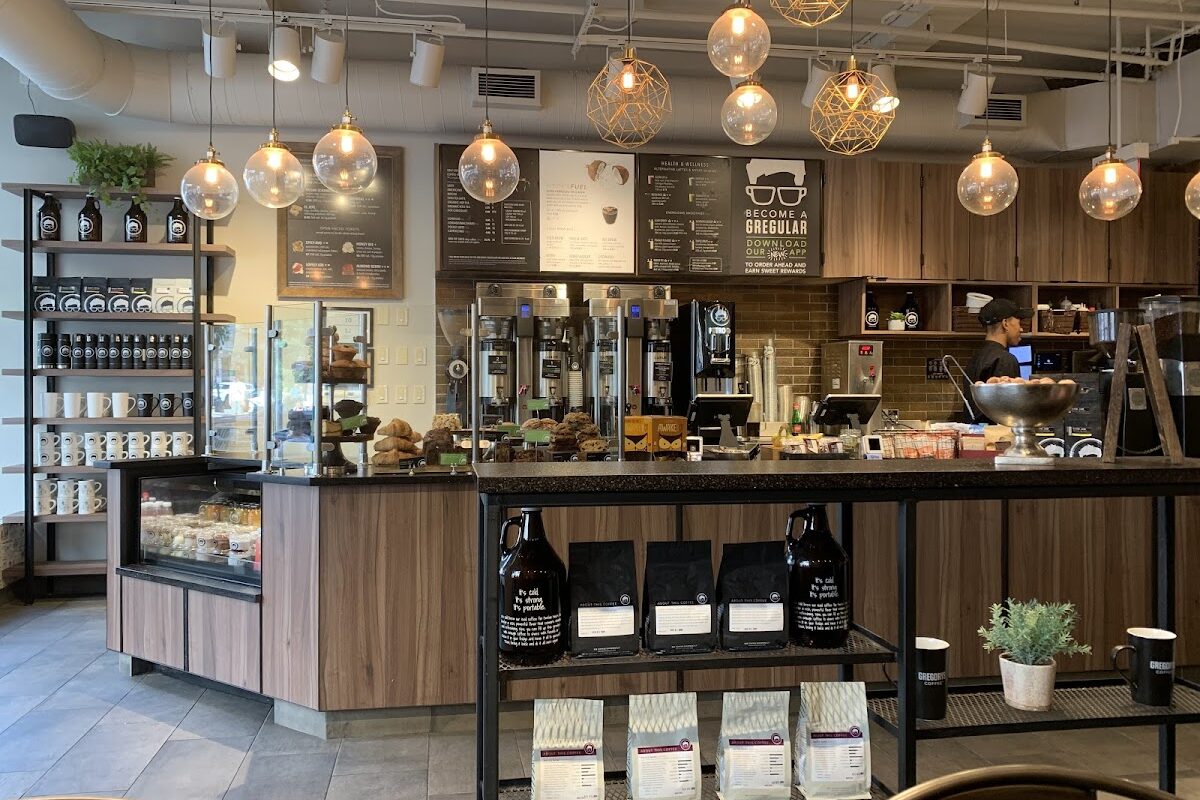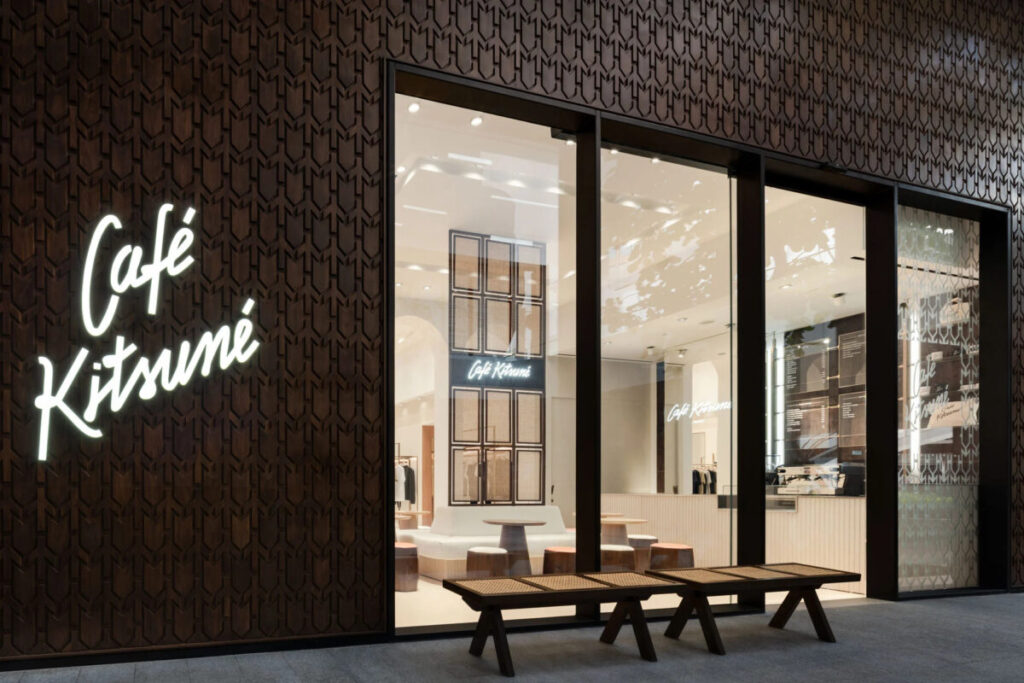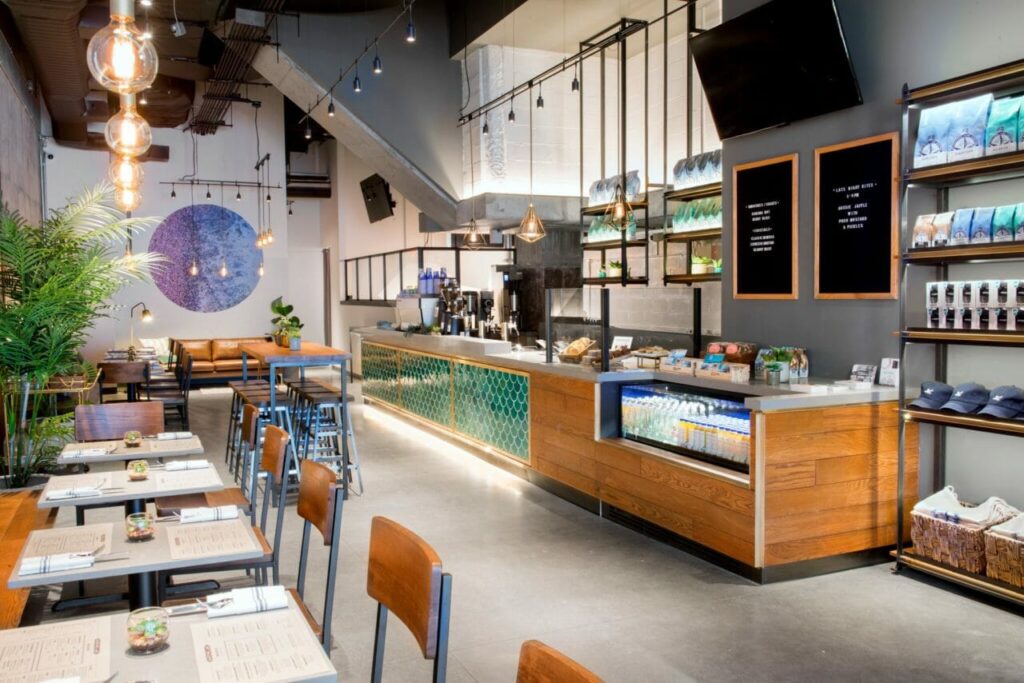These new concepts are changing the way in which cafés are perceived, altering a daily routine of grabbing a coffee and turning it into an experience that has character, stays on top of trends, raises expectations and challenges the status quo, shares Pragma Consulting in a recent release.
We often see tech-driven, sustainability, health and wellness, and lifestyle-driven trends in our work and these new kids on the block are executing these themes to a high degree, resulting in them taking a slice of the global coffee shop market that is expected to reach a value of 121 billion euros by 2030.
Tech-Driven transformation
Blank Street, launched in 2020, exemplifies how technology can drive rapid expansion and disrupt established markets. By combining a micro-café format with high-volume Eversys espresso systems, Blank Street has scaled to over 40 locations within two years in the UK and US, challenging big named competitors with its affordability and efficiency. The brand’s tech-forward approach, which includes incentives to pre-order through its app, reduces operational costs and enhances customer convenience. This efficiency, along with the smaller format stores, allows Blank Street to offer quality coffee at lower prices, posing a significant threat to larger chains like Starbucks.
Café X takes the tech-driven approach one step further with its robotic coffee bars. Completely unmanned, these outlets located in Europe, US and Dubai cater to tech-savvy consumers in travel hubs and offices, offering a novel and efficient coffee experience. The use of robotic arms not only reduces the need for staff but also ensures consistent quality, faster service, and 24/7 operations, appealing to a demographic that values both speed and a unique experience. This model is particularly disruptive in environments where time is a premium, such as airports, putting pressure on traditional coffee shops to enhance their operational efficiency and customer service.
Sustainability at the core
In contrast, Butcher’s Daughter, a US café and restaurant, is leading the charge in sustainability, with its “vegetable slaughterhouse” concept that resonates with health-conscious consumers. The brand’s commitment to plant-based, seasonal dishes and an aesthetically pleasing environment makes it a popular choice in urban settings. As sustainability becomes a key differentiator in the market and increasingly important to consumers, Butcher’s Daughter meets the growing consumer demand for eco-friendly dining options.
Health and wellness
Joe & The Juice has successfully carved out a niche in the health and wellness segment, targeting young, urban professionals across the world with its vibrant atmosphere and health-conscious menu. Its collaboration with brands like GymShark further reinforces its appeal to a demographic that prioritises health, style, and social interaction. By establishing locations in high streets, malls, and travel hubs globally, Joe & The Juice has positioned itself as a lifestyle brand, rather than just a coffee shop. This positioning has contributed to strong brand loyalty and solid revenue growth.
Authenticity and lifestyle
Brands such as Gregorys Coffee, Café Kitsuné, and Bluestone Lane are redefining the café experience by blending authenticity with lifestyle-driven concepts.
Gregorys Coffee emphasises its identity as a family-run, New York-based chain that caters to health-conscious consumers with its plant-based options and trendy, work-friendly spaces.This focus on authenticity and quality creates a niche appeal in busy urban settings, encouraging other coffee chains to differentiate themselves through localised and personalised offerings.
Café Kitsuné, with its fusion of fashion and coffee, offers a lifestyle experience that extends beyond the café visit. Originating from the Maison Kitsuné fashion brand, the café’s stylish, minimalist space attracts trend-conscious consumers, particularly in major cities across Asia and Europe. Similarly, Bluestone Lane brings Australian coffee culture to the US, with a focus on premium quality and a relaxed, coastal vibe. These brands are particularly relevant in high-end malls and mixed-use developments, where they draw visitors looking for more than just a standard coffee or snack.
Market impact
The rise of these innovative brands is reshaping the F&B market, particularly in high-traffic locations like high streets, malls / mixed-use developments, and travel hubs. As they expand, they are not only challenging traditional players but also raising the bar for customer expectations around quality, sustainability, and experience. Competitors are increasingly forced to innovate, whether by adopting new technologies, enhancing their sustainability practices, or rebranding to align with lifestyle trends to maintain relevancy.
The impact of these brands on the F&B landscape is profound, driving a shift towards more personalised, efficient, and experience-driven offerings. As they continue to grow, the pressure on established chains will only intensify, leading to a more dynamic and competitive market that ultimately benefits consumers.
